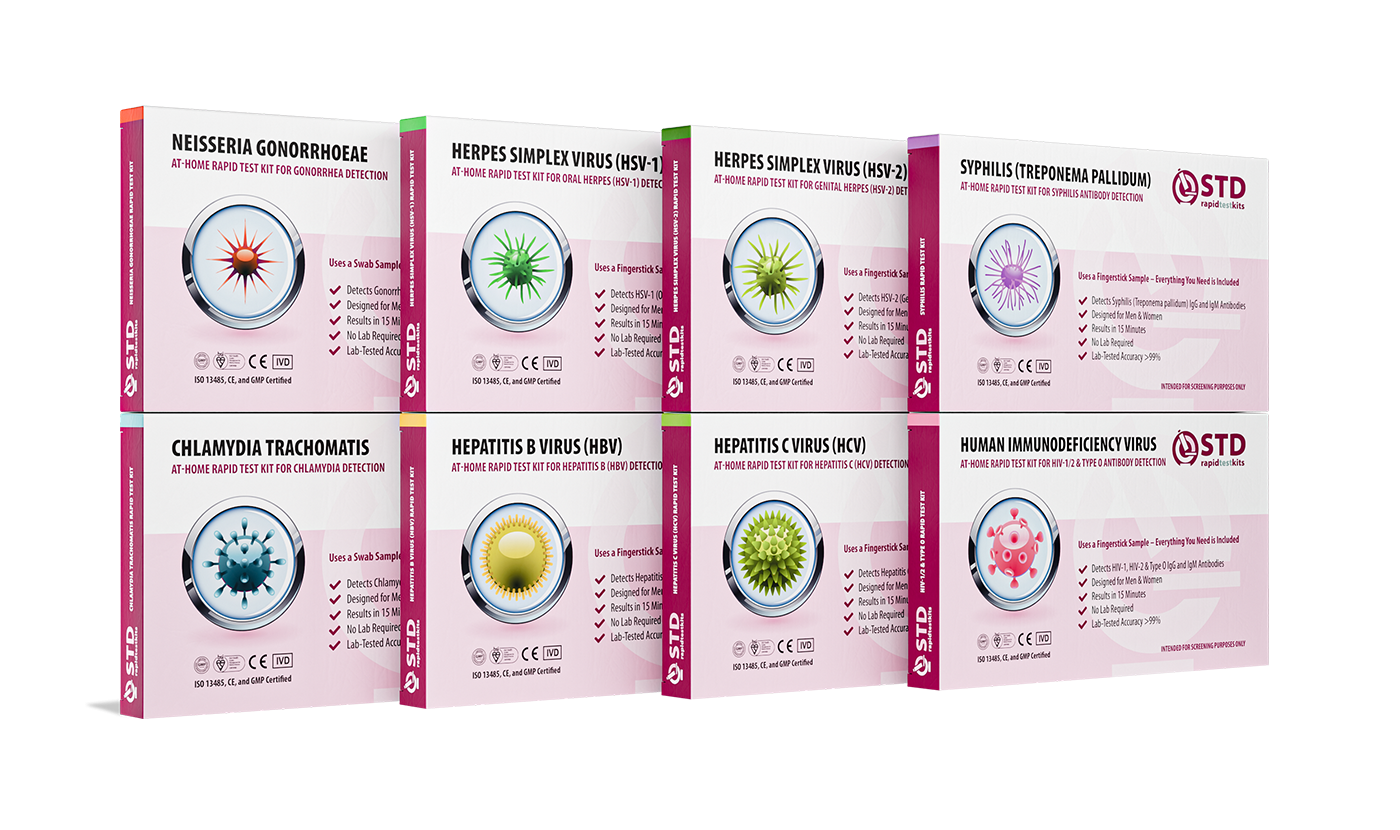History Doesn’t Heal Overnight
To understand today’s LGBTQ+ STD stigma, we have to go back. In the 1980s, HIV/AIDS decimated queer communities, especially gay men. The epidemic was ignored by institutions and weaponized by moralists. Being gay became synonymous with being “diseased.” That kind of cultural trauma doesn’t just vanish with better medicine.
Even now, HIV stigma lingers, despite breakthroughs like PrEP. Many queer people internalize the message that their bodies are inherently risky, dirty, or unwanted. This legacy fuels fear around testing, disclosure, and even dating.
- Residual fear: “Will people think I’m HIV-positive just because I’m gay?”
- Generational trauma: Many LGBTQ+ elders still carry the scars of watching friends die, or being blamed for it.
- Misinformation: Myths about HIV transmission persist, especially in small towns or conservative cultures.

People are also reading: HIV in 2025: Game-Changing Treatment & Cure Updates
Not Just HIV: The “Other” STDs That Still Carry Shame
While HIV dominates the stigma conversation, it’s not the only concern. Herpes, HPV, chlamydia, and gonorrhea all carry emotional baggage, often intensified in queer circles where sexual networks are tight and gossip moves fast.
For example:
- Gay men: Often face judgment for anal sex practices, which are still poorly understood, even by some clinicians.
- Bisexual women: May feel erased or oversexualized, leading to fear of being labeled “dirty” for being open.
- Trans people: Often endure medical misgendering or complete lack of STD screening during checkups.
According to a 2023 CDC report, trans women and MSM (men who have sex with men) face some of the highest STD rates, not because they’re “irresponsible,” but because they’re under-tested, under-served, and over-stigmatized.
The Clinic Closet: Why LGBTQ+ People Avoid Testing
Many queer people avoid clinics not because they don’t care, but because they’ve been burned. Judgmental doctors. Outing risks. Assumptions about sex or gender. It creates what researchers call a “care closet”, where people hide parts of their identity to get through the appointment.
Common fears include:
- Being misgendered during intake or exam
- Being assumed positive or high-risk due to sexual orientation
- Being denied testing or told “you don’t need that”
A study from the Journal of Health Disparities showed that LGBTQ+ patients report significantly higher rates of discomfort, distrust, and avoidance in sexual health care settings. It’s not in your head. It’s in the system.
Check Your STD Status in Minutes
Test at Home with Remedium8-in-1 STD Test Kit

 For Men & Women
For Men & Women Results in Minutes
Results in Minutes No Lab Needed
No Lab Needed Private & Discreet
Private & DiscreetOrder Now $149.00 $392.00
For all 8 tests
Queer Joy vs. Medical Anxiety
Being queer is often joyful, sexually, emotionally, communally. But when STD stigma creeps in, it can turn that joy into dread. People delay testing not out of ignorance, but because they’re afraid it’ll make them feel disgusting, unsafe, or unworthy.
We need to rewrite that story:
- Testing is self-love. Knowing your status means you care, for yourself and others.
- Disclosure is bravery. Talking about STDs openly takes guts, and sets you free.
- Treatment is power. Getting meds, support, and care is not shameful, it’s smart.
If your joy and your anxiety are always in tension, you’re not broken. You’re navigating a system that wasn’t built for you, and still finding ways to thrive anyway.
FAQ
1. Why is STD stigma worse in LGBTQ+ communities?
Because of a legacy of discrimination, HIV trauma, and ongoing healthcare bias. Queer folks face unique emotional and systemic barriers to care.
2. Do gay men have higher STD risk?
Statistically yes, but not due to identity, due to limited access to prevention, testing, and safe sex education tailored to them.
3. Can I get tested for STDs if I’m nonbinary or trans?
Yes, but you may face barriers. Many clinics are still catching up. At-home STD test kits designed for all genders are a safer option for some.
4. Is HIV still considered a gay disease?
No, HIV affects people of all genders and orientations. That said, stigma often still links HIV to queerness, wrongly and harmfully.
5. What if I was shamed by a doctor for being LGBTQ+?
That’s medical discrimination. You can file a complaint, seek LGBTQ+ affirming care, or switch to private testing. Your health should never come with shame.
6. Are there LGBTQ-friendly STD testing options?
Yes! Look for queer-friendly clinics, community orgs, or consider using discreet kits like a Combo STD Home Test Kit.
7. How do I disclose my status to a partner as a queer person?
Be clear, honest, and calm. Use inclusive language. The right partner will see your strength, not your diagnosis.
8. Does herpes carry stigma in gay communities?
Yes, unfortunately. Gossip, assumptions, and fear of being “outed” can make disclosure scary. But herpes is extremely common and manageable.
9. What if I avoid testing because of anxiety?
You’re not alone. Many queer folks delay testing due to fear of shame. Try at-home options to ease the emotional load.
10. Can STD stigma impact mental health?
Absolutely. It can lead to anxiety, depression, isolation, and shame. Addressing stigma is part of caring for your whole self.
Don't Let Shame Hold You Down
STD stigma in the LGBTQ+ community is layered, historic, and real, but it doesn’t have to win. Whether you’re gay, trans, bi, nonbinary, or anywhere on the rainbow, your body is not dirty. Your sexuality is not dangerous. And your diagnosis is not a sentence, it’s just information.
Healing stigma starts with truth. With access. With empathy. And most of all, with the radical idea that queer bodies deserve care, respect, and joy. So get tested. Talk openly. Support others. And keep rewriting the story that was never written for us in the first place.
Sources
2. NCBI: Health Disparities Among LGBTQ+ Patients
3. HRC: LGBTQ+ Healthcare Equality Index
4. Hope Across the Globe: Impact of STD Shaming










